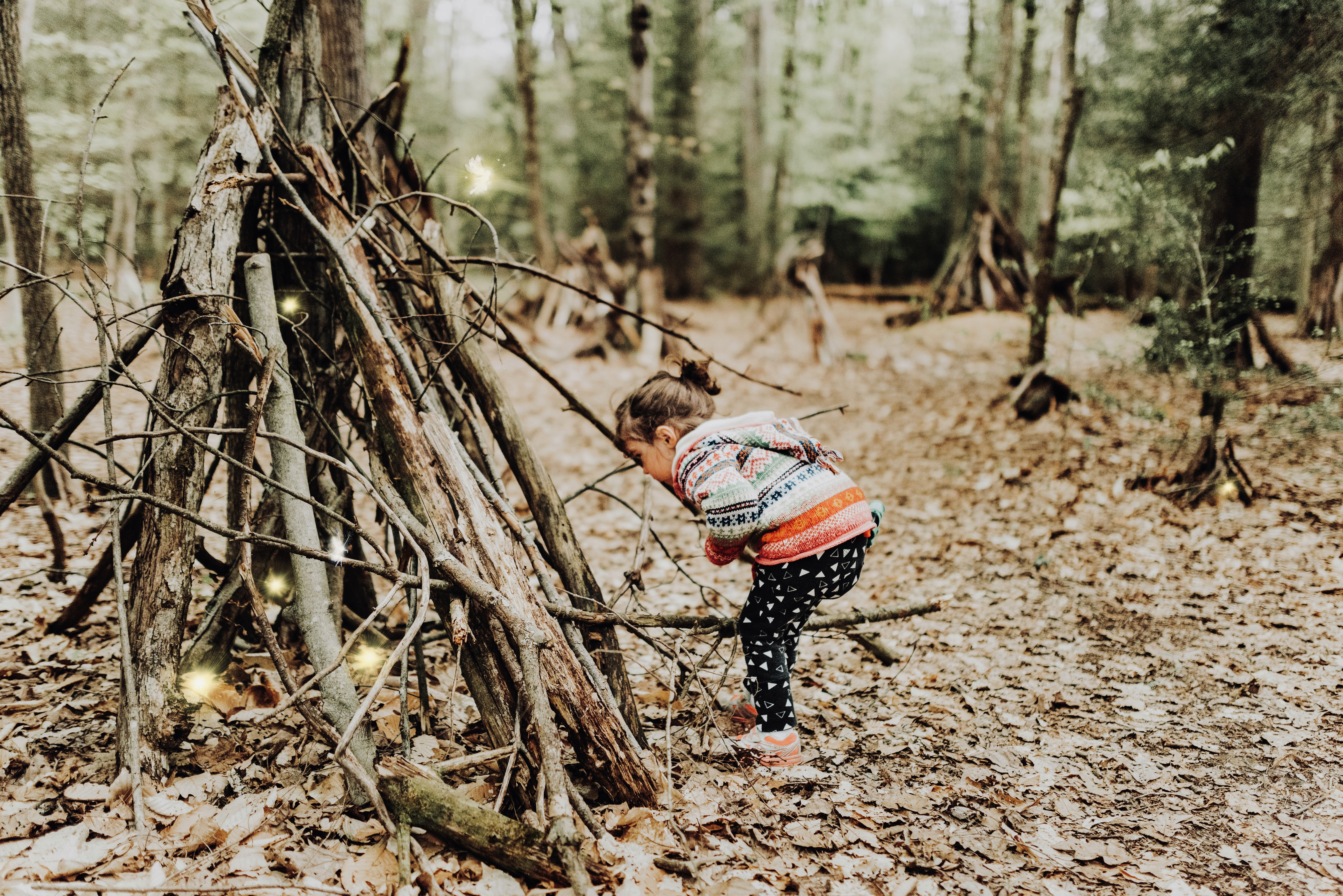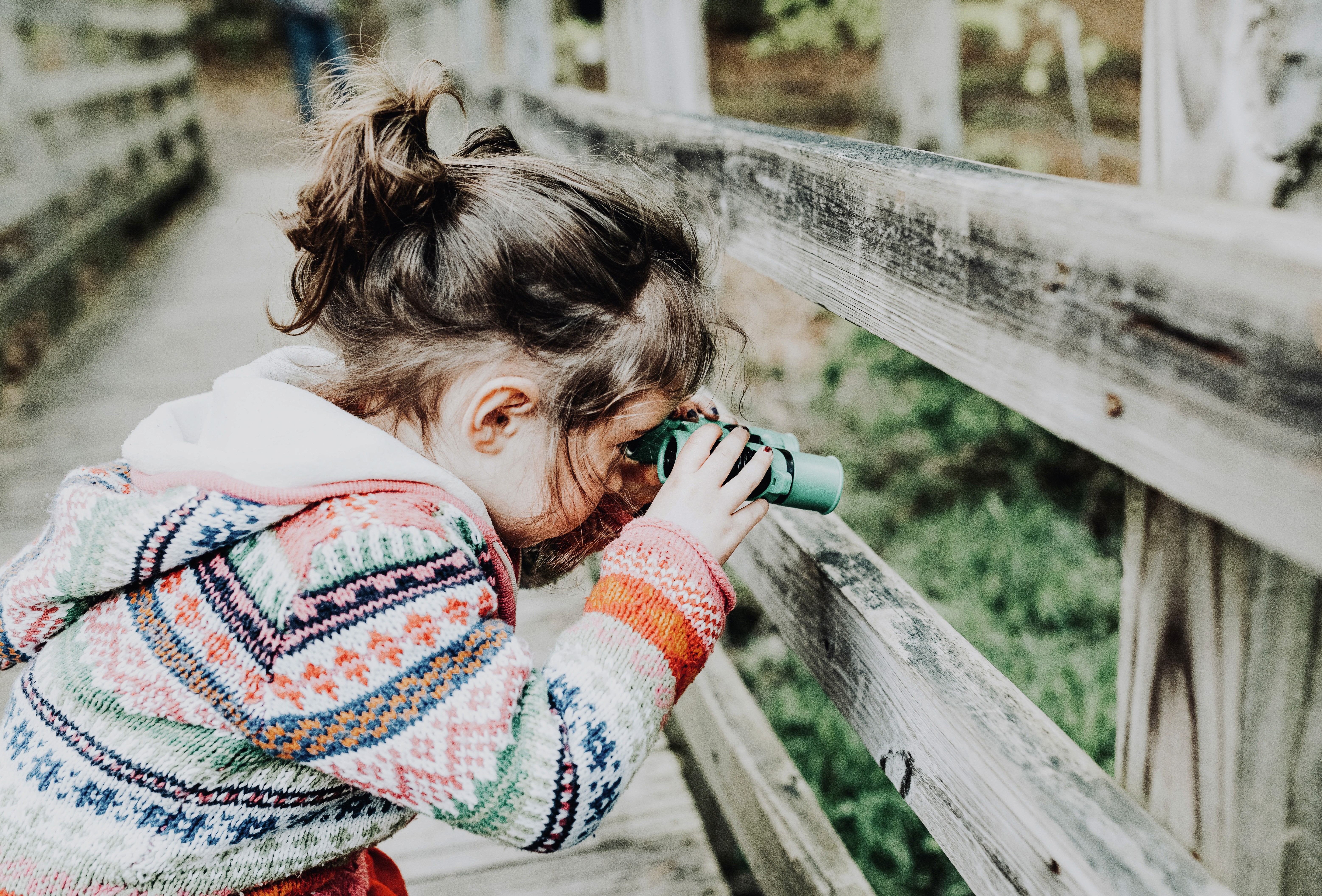Role Play

In Nurtureshock, Po Bronson and Ashley Merryman writes about the educational power of role play in childhood learning environments:
"In NurtureShock, we wrote about Tools of the Mind, a preschool program that focuses on structured play. For example, the kids spend a few days learning about fire stations: they might read books about them, go on a field trip to a firehouse, and so on. Then, they spend the next few days "playing fire station." But before they begin playing, each child makes a "play plan." The plan consists of his drawing of the fire station-related character he's going to enact, and then he writes, "I am going to ___" be a fire fighter, a 911 operator, etc. Then, the kids play in their chosen roles for 45-minutes."
Group role play experiences provide students with opportunities to actively engage in learning by taking on different roles and perspectives. Students are encouraged to collaborate, communicate, and problem-solve with their peers, which has been shown to build their social and emotional skills. Students are able to develop empathy, understanding, and respect for others as they explore different roles and perspectives.
Some more well-known examples of role-play for older students are Speech & Debate, Model UN, and a plethora of board games like Dungeons & Dragons.
Role Play

In Nurtureshock, Po Bronson and Ashley Merryman writes about the educational power of role play in childhood learning environments:
"In NurtureShock, we wrote about Tools of the Mind, a preschool program that focuses on structured play. For example, the kids spend a few days learning about fire stations: they might read books about them, go on a field trip to a firehouse, and so on. Then, they spend the next few days "playing fire station." But before they begin playing, each child makes a "play plan." The plan consists of his drawing of the fire station-related character he's going to enact, and then he writes, "I am going to ___" be a fire fighter, a 911 operator, etc. Then, the kids play in their chosen roles for 45-minutes."
Group role play experiences provide students with opportunities to actively engage in learning by taking on different roles and perspectives. Students are encouraged to collaborate, communicate, and problem-solve with their peers, which has been shown to build their social and emotional skills. Students are able to develop empathy, understanding, and respect for others as they explore different roles and perspectives.
Some more well-known examples of role-play for older students are Speech & Debate, Model UN, and a plethora of board games like Dungeons & Dragons.
Role Play

In Nurtureshock, Po Bronson and Ashley Merryman writes about the educational power of role play in childhood learning environments:
"In NurtureShock, we wrote about Tools of the Mind, a preschool program that focuses on structured play. For example, the kids spend a few days learning about fire stations: they might read books about them, go on a field trip to a firehouse, and so on. Then, they spend the next few days "playing fire station." But before they begin playing, each child makes a "play plan." The plan consists of his drawing of the fire station-related character he's going to enact, and then he writes, "I am going to ___" be a fire fighter, a 911 operator, etc. Then, the kids play in their chosen roles for 45-minutes."
Group role play experiences provide students with opportunities to actively engage in learning by taking on different roles and perspectives. Students are encouraged to collaborate, communicate, and problem-solve with their peers, which has been shown to build their social and emotional skills. Students are able to develop empathy, understanding, and respect for others as they explore different roles and perspectives.
Some more well-known examples of role-play for older students are Speech & Debate, Model UN, and a plethora of board games like Dungeons & Dragons.
🔭
Explore More
Act It Out Role Plays (Friendship) and other options from the Random Acts of Kindness Foundation
Classroom Roleplay—Why and How Do I Do It? from Malaysian Early Childhood Education
Role Playing Games from Busy Teacher
Want to Facilitate Role Playing in Your Class? from Harvard: The Derek Bok Center for Teaching and Learning
Role Playing from Northern Illinois University: Center for Innovative Teaching and Learning
🔭
Explore More
Act It Out Role Plays (Friendship) and other options from the Random Acts of Kindness Foundation
Classroom Roleplay—Why and How Do I Do It? from Malaysian Early Childhood Education
Role Playing Games from Busy Teacher
Want to Facilitate Role Playing in Your Class? from Harvard: The Derek Bok Center for Teaching and Learning
Role Playing from Northern Illinois University: Center for Innovative Teaching and Learning
🔭
Explore More
Act It Out Role Plays (Friendship) and other options from the Random Acts of Kindness Foundation
Classroom Roleplay—Why and How Do I Do It? from Malaysian Early Childhood Education
Role Playing Games from Busy Teacher
Want to Facilitate Role Playing in Your Class? from Harvard: The Derek Bok Center for Teaching and Learning
Role Playing from Northern Illinois University: Center for Innovative Teaching and Learning

